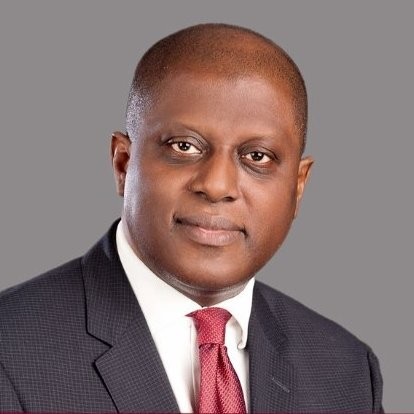The Central Bank of Nigeria (CBN) has confirmed the resignation of Mr Godwin Emefiele as its governor, three months after being suspended from office by President Bola Tinubu.
Emefiele was thereafter quizzed by officials of the Department of State Service (DSS) who later charged him to court.
Following his suspension, the Federal Government appointed Mr Folashodun Shonubi, the Deputy Governor (Operations Directorate), to oversee the affairs of the apex bank.
In a statement by the Director of Information at the office of the Secretary to the Government of the Federation, Willie Bassey, the government said Emefiele’s suspension from office was due to an ongoing investigation of his office and the planned reforms in the economy’s financial sector.
However, on September 15, Tinubu nominated Olayemi Cardoso as the new CBN Governor, pending his confirmation by the Nigerian Senate.
“President Bola Tinubu has approved the nomination of Dr. Olayemi Michael Cardoso to serve as the new Governor of the Central Bank of Nigeria (CBN), for a term of five (5) years at the first instance, pending his confirmation by the Nigerian Senate,” presidential spokesman, Ajuri Ngelale, said in a statement.
Corroborating this, the apex bank issued a statement on Friday, announcing the assumption of office by the acting governor.
The bank’s Director of Corporate Communications, Isa AbdulMumin, said Cardoso will act as governor pending his confirmation by the parliament.
“Dr. Olayemi Michael Cardoso, recently nominated by President Bola Ahmed Tinubu, has on Friday, September 22, 2023, formally assumed duty, in an acting capacity, as the Governor of the Central Bank of Nigeria (CBN), pending his confirmation by the Senate. This follows the resignation of Mr. Godwin Emefiele as Governor of the Central Bank of Nigeria (CBN),” the statement said.
The bank also said that the “Deputy-Governors-Designate have also assumed duty, in acting capacities, sequel to the formal resignation of Mr. Folashodun Shonubi, Mrs. Aishah Ahmad, Mr. Edward Lametek Adamu, and Dr. Kingsley Obiora as Deputy Governors of the CBN.”
Cardoso was the former chairman of Citibank Nigeria. He is a distinguished leader in the financial and development sectors with over 30 years’ experience in the private, public and not-for-profit organisations.
With diverse corporate governance experience, Mr Cardoso has also sat on the boards of Nigerian subsidiaries of Texaco and Chevron and chaired the board of EFInA, a financial sector development organisation supported by the Bill and Melinda Gates foundation.
He served in government as Commissioner for Economic Planning and Budget for Lagos State, where he championed the financial reform process which led to the state’s development of independent tax revenues.



